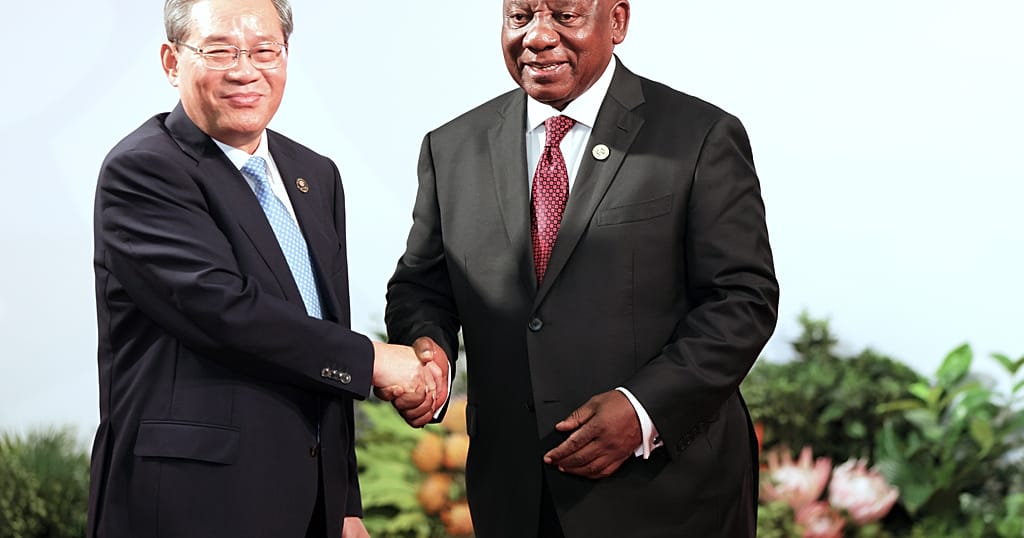South African athlete Caster Semenya wins in rights case

South African athlete Caster Semenya won her legal battle against Switzerland on Tuesday when the European Court of Human Rights ruled that she had been the victim of discrimination.
The 32-year-old runner brought her case against Switzerland’s supreme court after it ruled against her in 2020.
The Swiss court had upheld a decision three years ago by sport’s highest court, the Court of Arbitration for Sport, which validated the regulations put in place by the World Athletics organisation (formerly International Athletics Federation).
The athletics body requires athletes like Semenya who have naturally high levels of testosterone to lower their hormone levels through medical intervention.
Only by following these regulations can athletes continue to compete in female track events. The testosterone limits have effectively put a stop to Semenya’s career since 2019.
A divisive issue
Semenya’s case is highly complex. The athlete was identified as female at birth and continues to identify as a woman but, due to naturally high levels of testosterone, she has been at the forefront of the divisive issue of sex eligibility in sports since she first emerged on the track scene in 2009.
Her case, though very distinct, does intertwine with the issue of transgender women competing in sports.
World Athletics argue that high levels of testosterone in athletes like Semenya and those who have transitioned from male to female give them an unfair advantage in women’s competitions, in the same way as a male competing in women’s sports.
The organisation have tightened their rules over the years, lowering the levels of testosterone deemed acceptable. This year, the hormone rules were expanded to include all female track events.
In March, track authorities also banned transgender women from competing in female events.
Discrimination versus fairness
Semenya has argued that her testosterone levels should be considered a genetic gift in the same way as, for example, an athlete’s height or a swimmer’s long arms.
Now, the European rights court have sided with her, essentially underlining a belief that discrimination is not allowed ever, even in a sports context to ensure fairness.
However, it remains unclear how Tuesday’s ruling will affect the current regulations.
While the European court’s ruling applies to Switzerland as a country and its supreme court, Semenya will still need an appeal to succeed at the Swiss-based Court of Arbitration for Sport to then get the Monaco-based World Athletics organisation to consider withdrawing the rules.
Source: Africanews














